The subtly revised Rolls-Royce Cullinan offers clients an instantly commanding presence
A Rolls-Royce is no longer the ‘best car in the world,’ but the best way to make your mark on automotive culture. Cullinan Series II goes even further into the world of branded storytelling and subtle oneupmanship
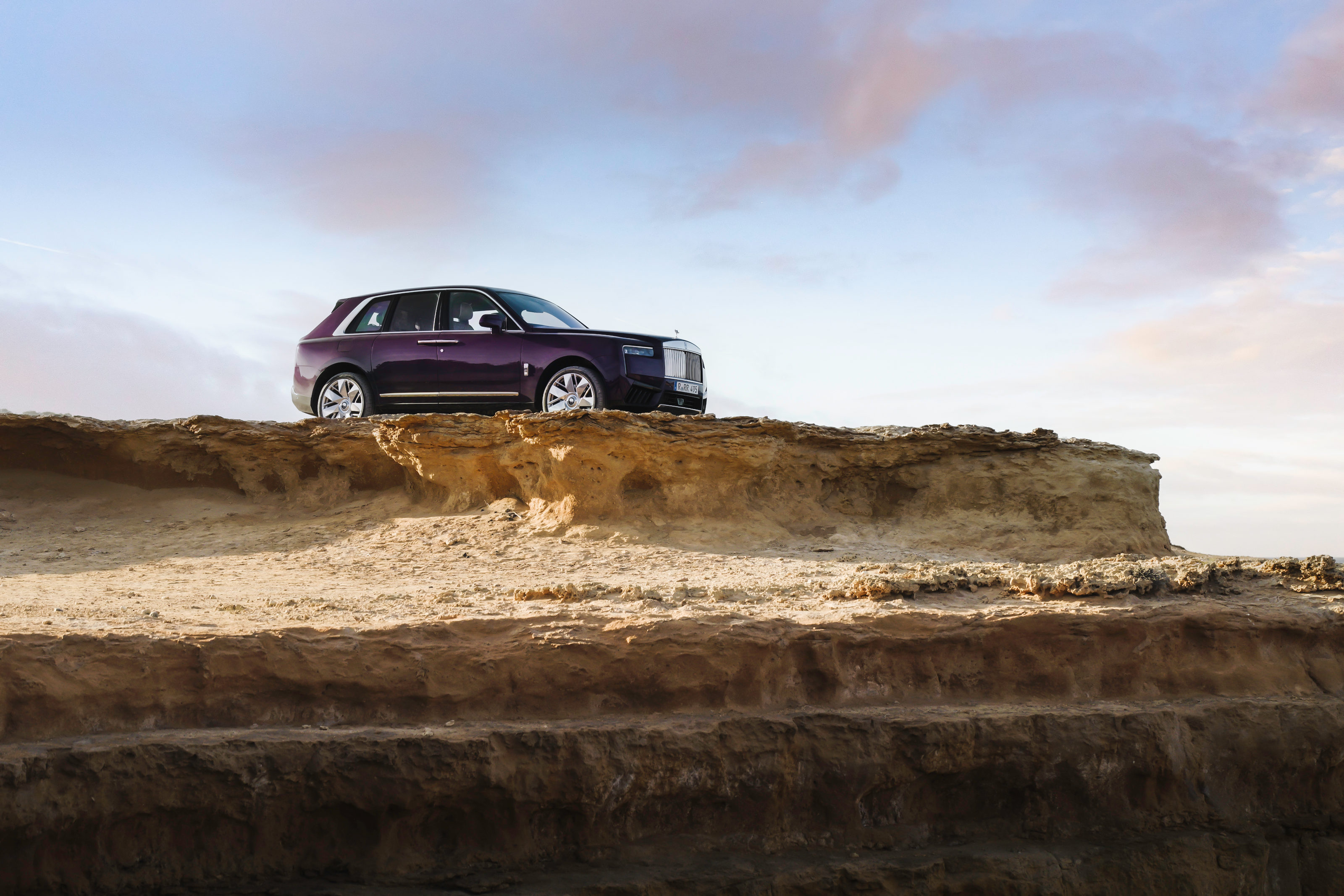
And so to Ibiza, an island of hippy entrepreneurs and wannabe influencers, retired footballers and noughties pop stars, epic sunsets and barefoot beach restaurants, all soundtracked by a relentless soft-edged techno beat that ambles along at a soothing 110bpm. The 21st century has been good to the party island, which has doubled down on luxury in a bid to oust the hen dos and replace them with superyacht moorings.
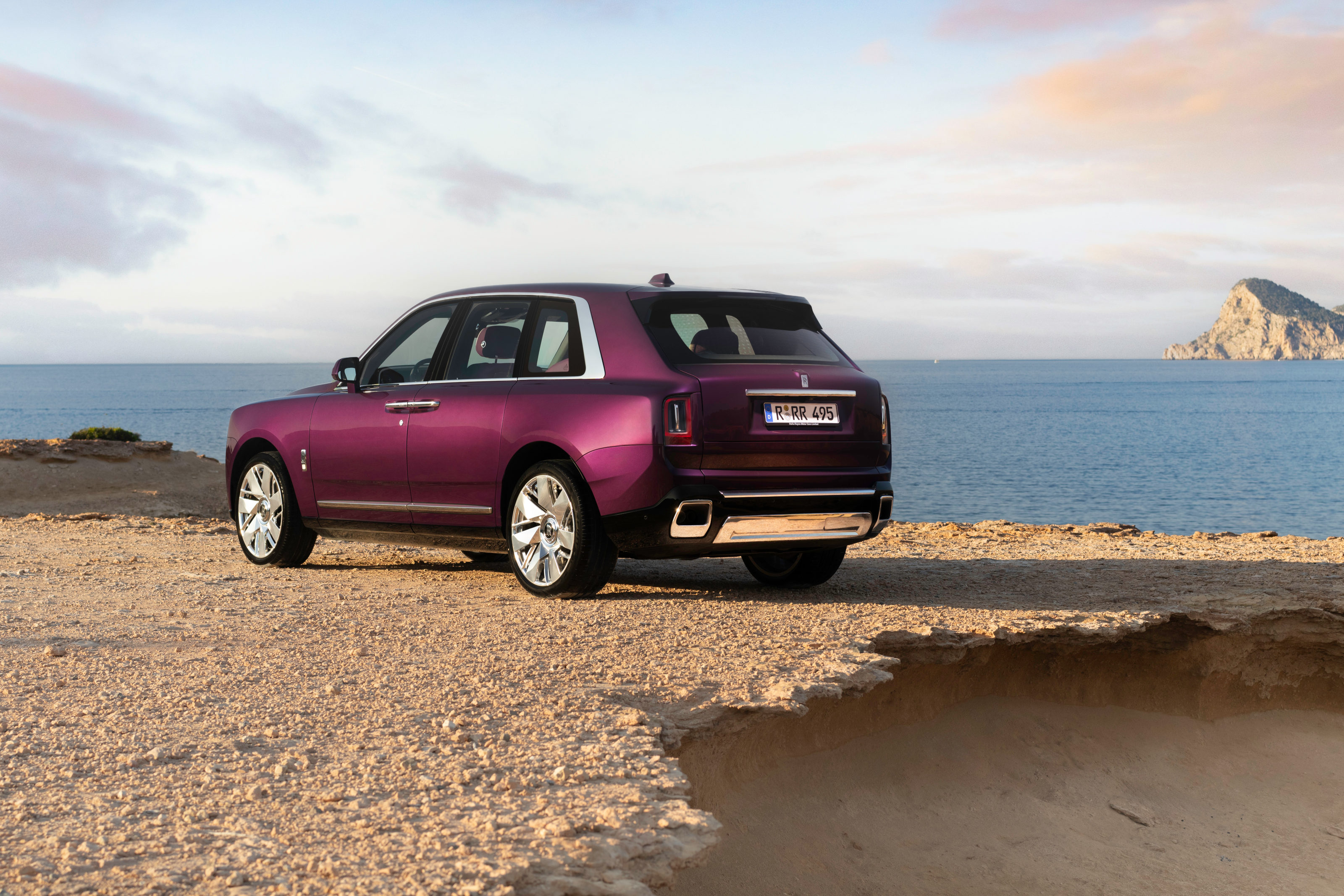
Rolls-Royce Cullinan Series II on the Ibizan coast
For now, the two worlds still coexist, but Ibiza’s upward trajectory is making it more and more attractive to those with the means to carve out a new superrich enclave. The design, dining and art scenes are all flourishing, making it a natural spot for Rolls-Royce to offer the media a dazzling 24 hour sliver of the high life.
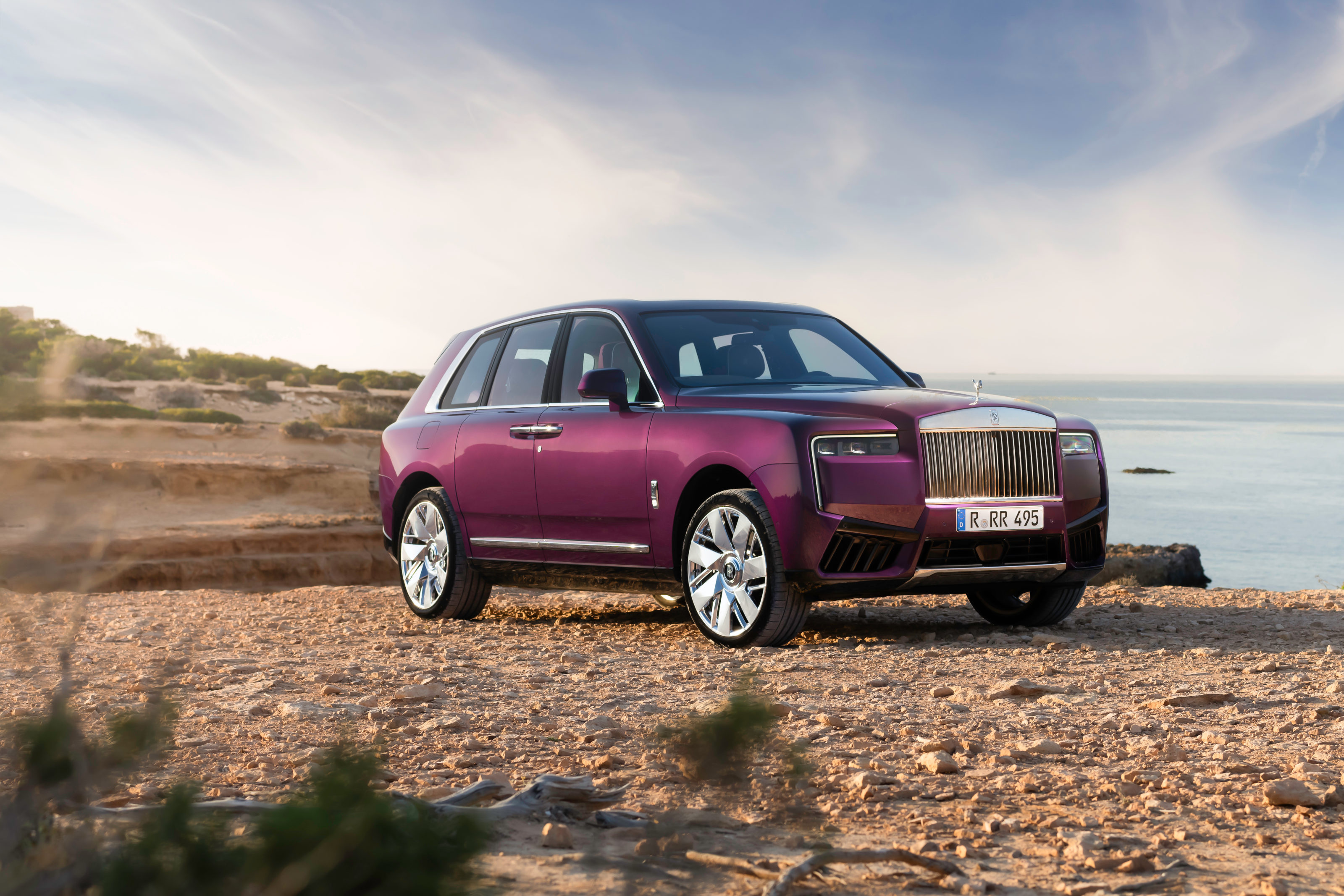
Larger wheels, a revised front end, and updated interior mark out the Series II Cullinan
We’re here in the brand’s new Cullinan Series II, the diamond as big as the Ritz, and the car that has done more than any other to usher new UHNWIs into this very select customer family. Back in 2015, Rolls-Royce revealed it was working on a ‘high-sided vehicle’, a euphemism for a market segment still considered a little bit déclassé.
However, with the success of cars like the Bentley Bentayga (revealed in 2015, two years after the first concept), along with the more luxe versions of the Range Rover, the Mercedes-Maybach GLS and sporting SUVs from Aston Martin, Ferrari, Lamborghini and of course Porsche, it was clear that ignoring the seemingly unquenchable desires of their likely customer base was not good business.
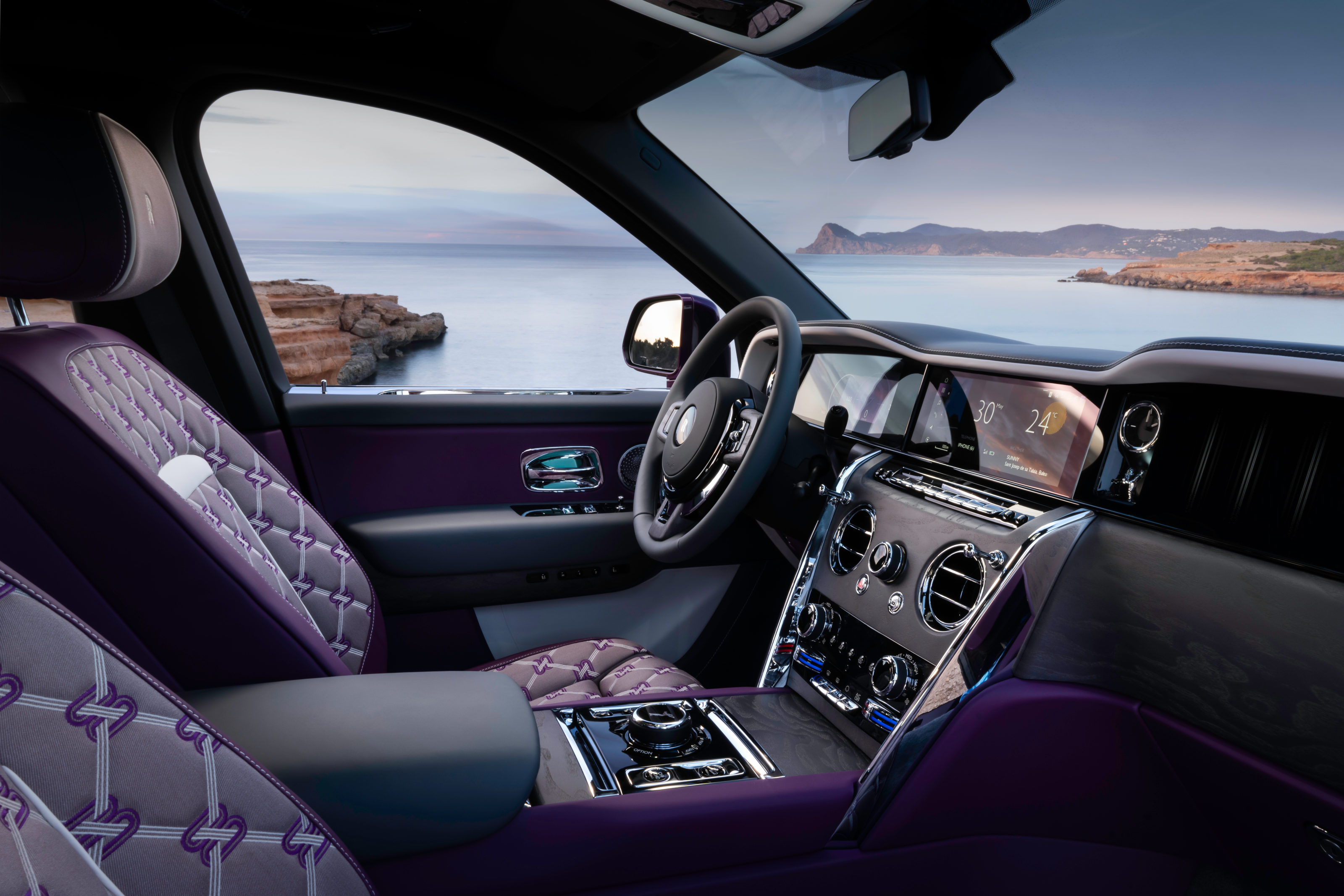
The interior, finished in Duality Twill fabric
Finally unveiled in 2018, the Rolls-Royce Cullinan didn’t hold many visual surprises, and may even have been rather more conservative than analysts had expected. Customers didn’t seem to mind; since then, it has become the company’s best-selling model by far, with around 70% of Cullinan customers joining the brand for the very first time.
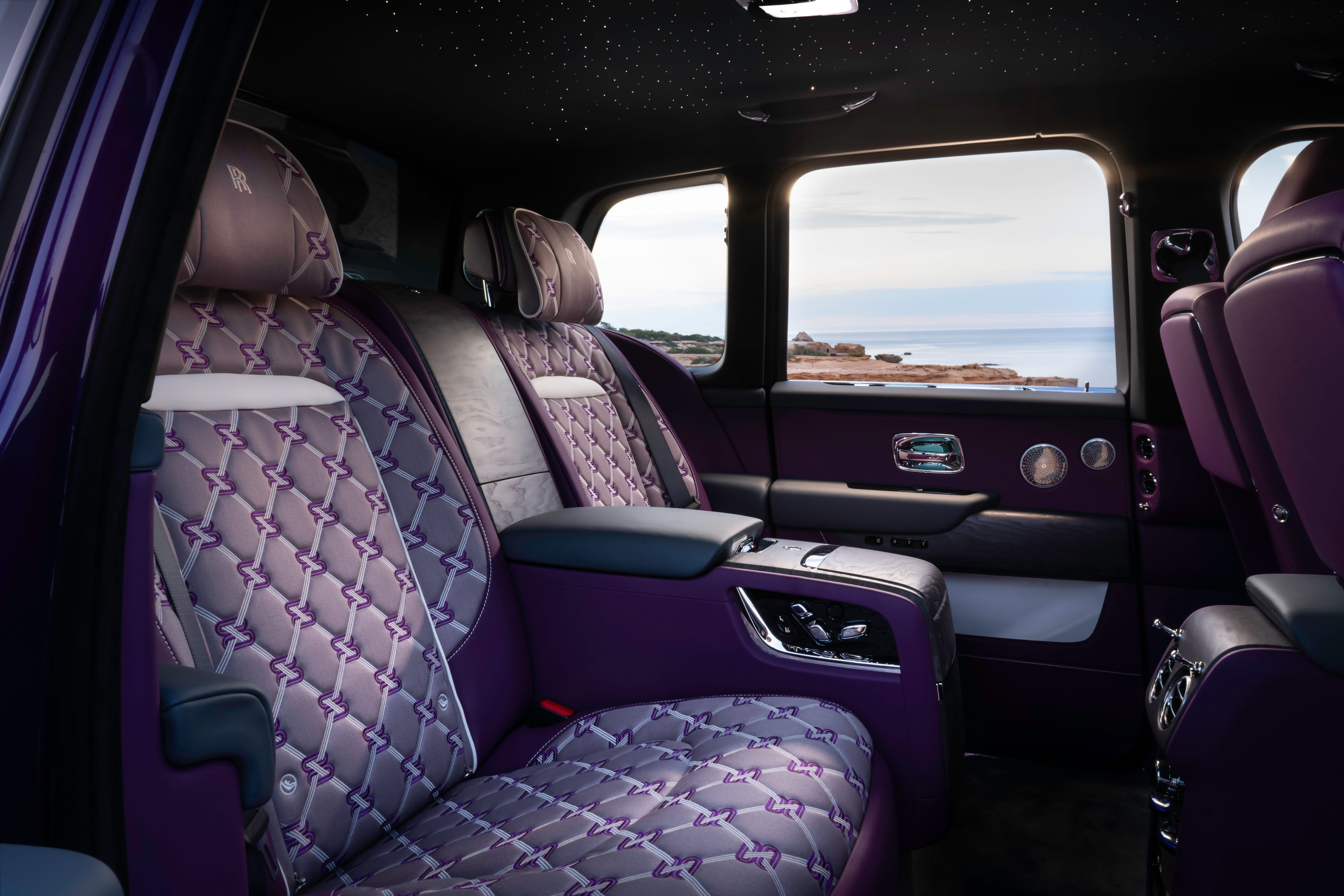
This model of the Cullinan Series II features the twin reclining rear seat option
We sampled the vehicle’s breadth of ability and refinement on a launch in Jackson Hole, Wyoming, in 2018, fording streams and climbing snowless ski slopes with aplomb.
It’s now time for the Cullinan to receive its mid-life refresh, emerging from the chrysalis as the Series II model. To the untrained eye, visual differences are minimal and it’s true that Rolls-Royce’s design team have decided that less is most certainly more. The biggest overhaul is to the front end, where a lightly chamfered ‘pantheon’ grille sits amidst sleeker headlights flanked by daylight running lights, whilst the car now sits massive 23” wheels.
Wallpaper* Newsletter
Receive our daily digest of inspiration, escapism and design stories from around the world direct to your inbox.
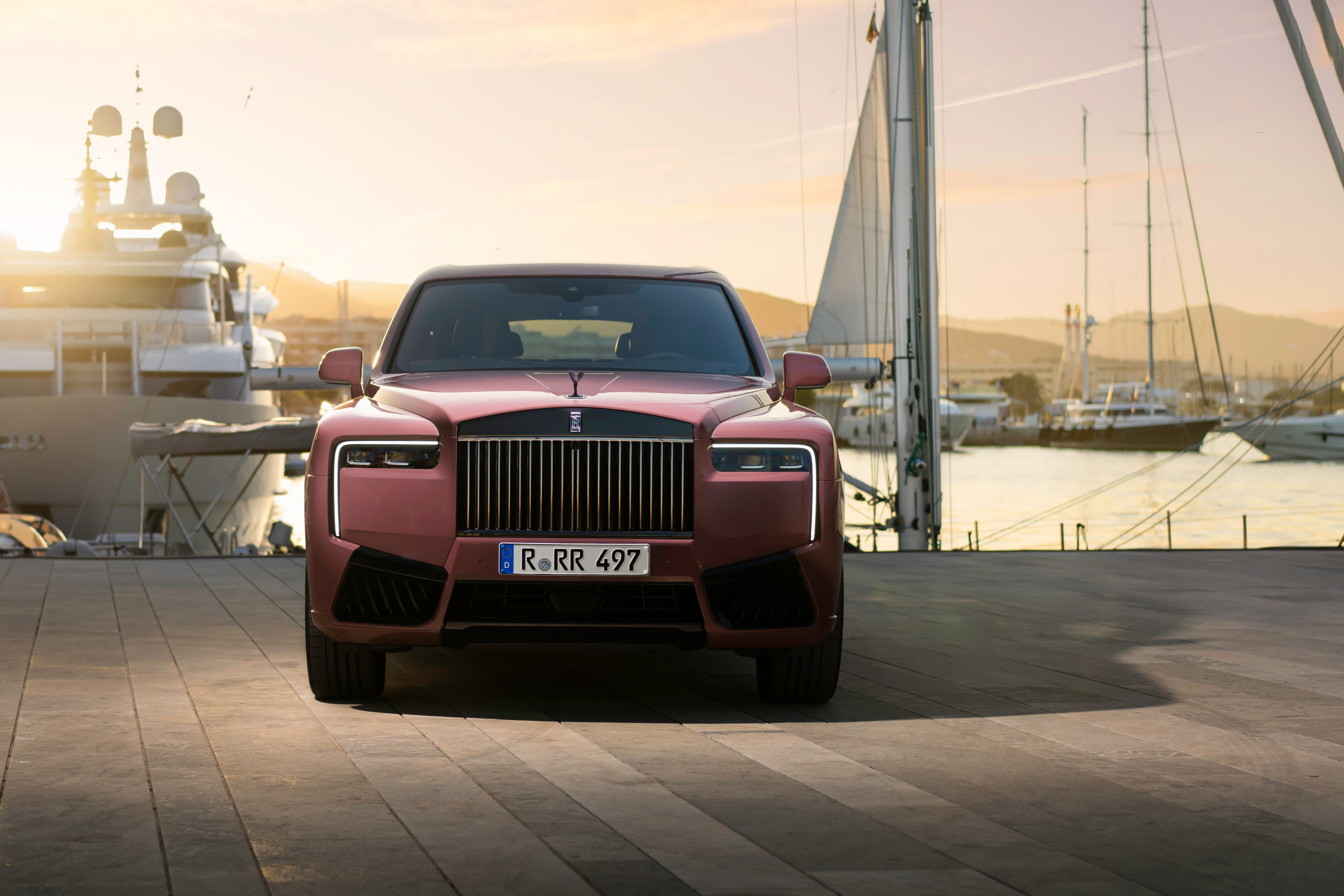
A more aggressive prow: Rolls-Royce Cullinan Series II Black Badge Edition
Beneath this imposing visage is a more angular set of vents, intended (according to RR) to evoke a yacht rising out of the water at speed. There’s certainly something nautical about the Cullinan, a hint of dreadnought, perhaps, or the vertical bows of contemporary superyachts. Cullinan also comes as a ‘Black Badge’ model, an option Rolls-Royce describes as its ‘disruptive alter ego.’ Chromework is black out, vents are slightly more aggressively styled, and overall it has a more louche and lascivious stance – a box of Black Magic versus Milk Tray.
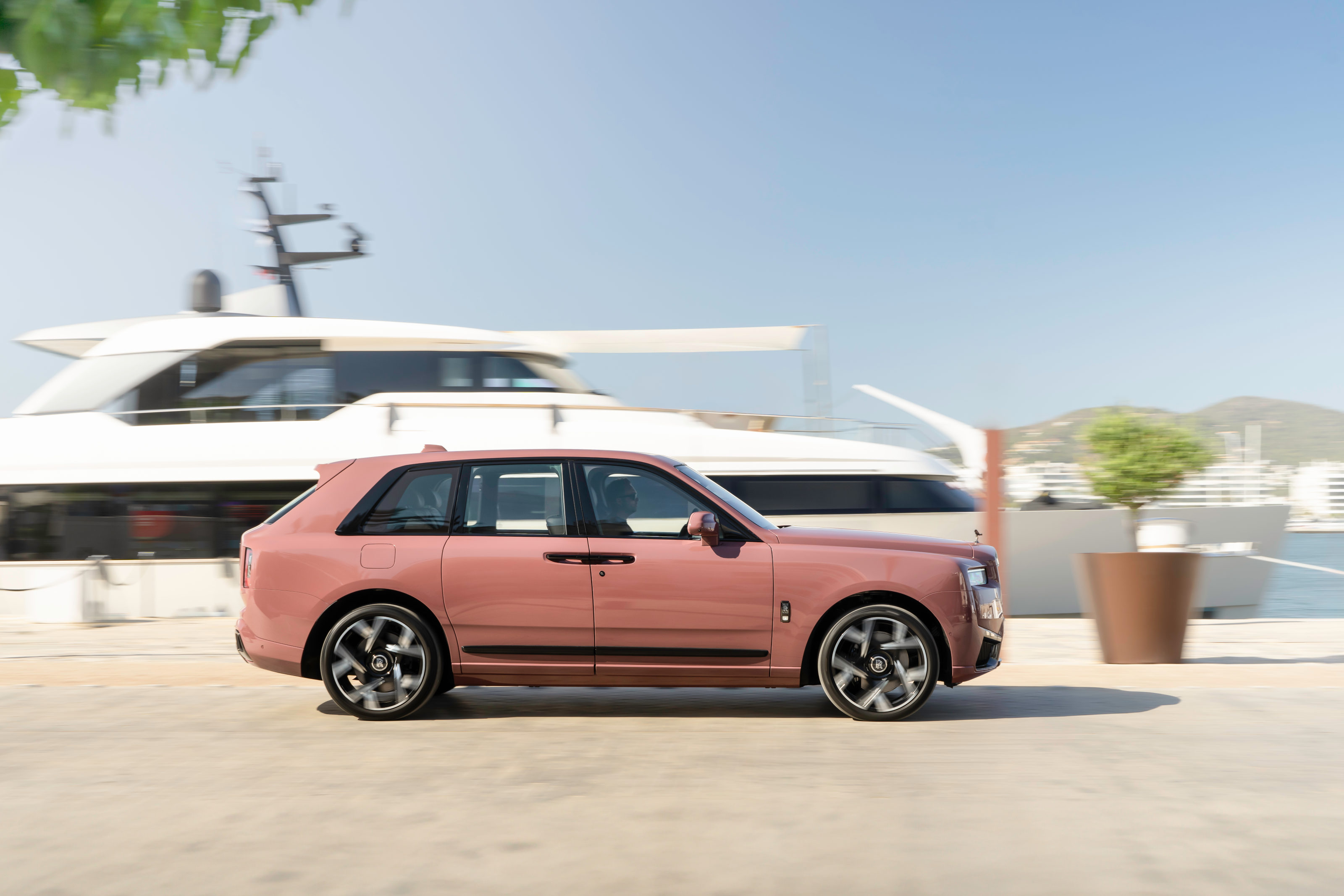
The Black Badge Edition has less chrome and more solidity
Elsewhere, there are upgrades to the digital interface, which retains an unrivalled clarity and simplicity. Rolls-Royce have embedded their private members’ app, Whispers, into the Cullinan SII’s interface, and there’s also the debut of a diminutive Spirit of Ecstasy figurine on the dashboard, in what the company calls the ‘Clock Cabinet vitrine’. Alongside this is Cullinan’s ‘Illuminated Fascia’ panel, a laser-etched glass vitrine that clients are encouraged to customise to their own design.
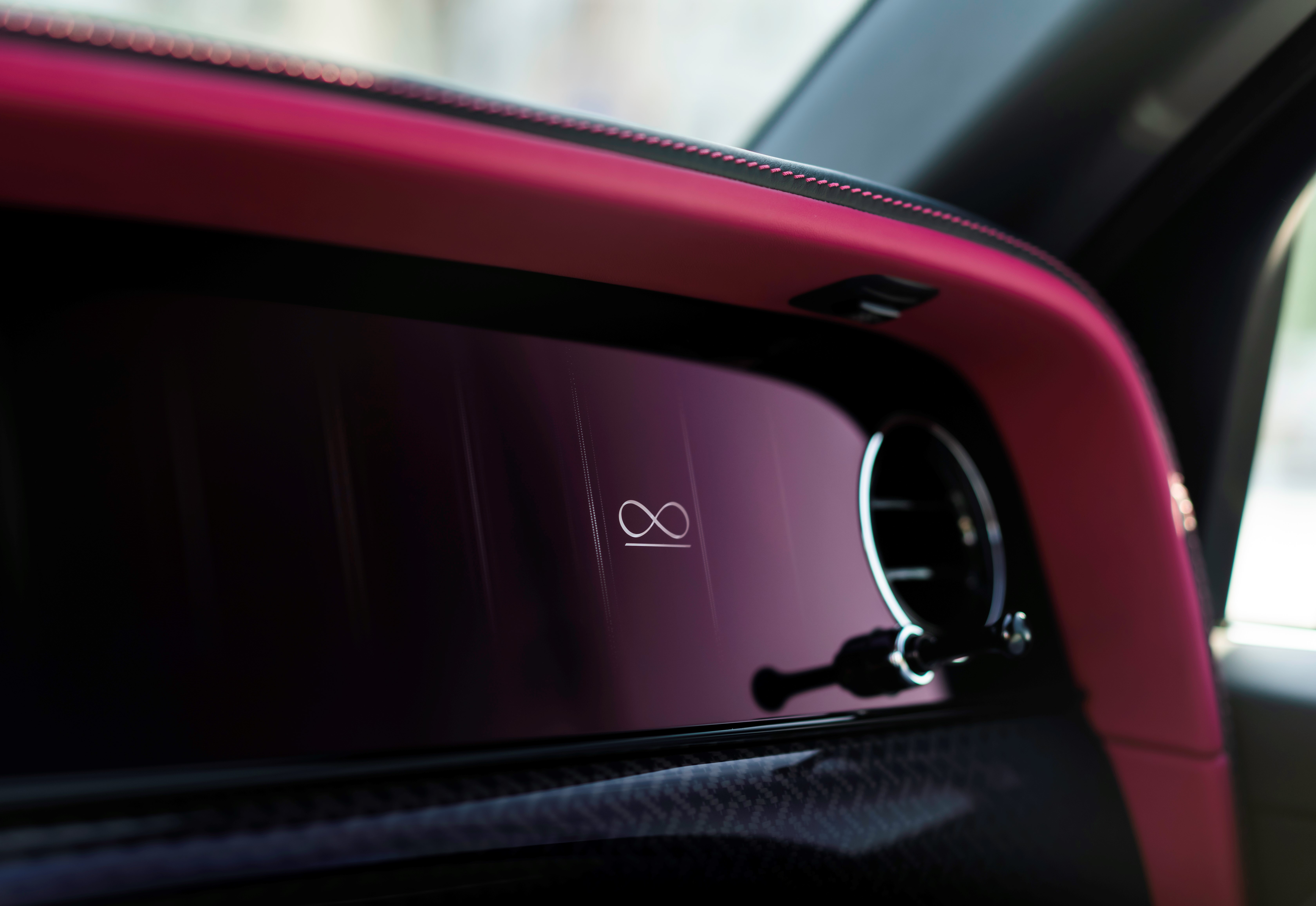
The meticulously finished dashboard fascia of the Series II Black Badge Edition
Representatives from the company’s interior division were on hand to discuss the gentle uplift in the physical specification. This included a special perforated seat pattern (107,000 individually stamped holes, no less), and a new seat fabric, ‘Duality Twill,’ harking back to the days when only the unlucky chauffeur got to sit on hard-wearing leather. The necessary statistics: a fabric interior runs to around 11 miles of thread, 2.2 million stitches and a price tag of £22,000.
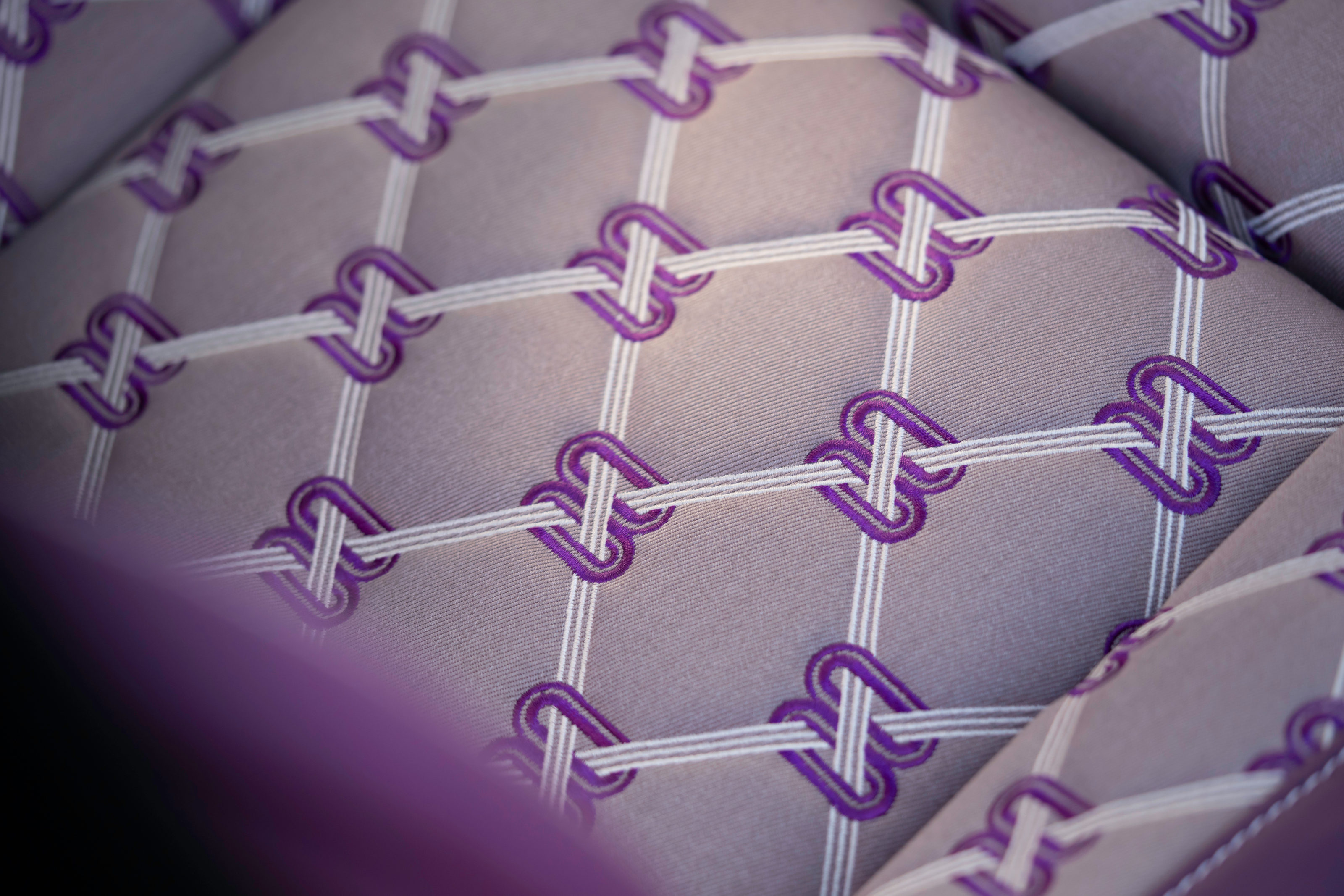
A detail of the new optional Duality Twill seat fabric
We were offered a choice of seven Cullinans, both from the ‘regular’ range and the uprated Black Badge. They were all unique, of course, demonstrating the company’s fabled and much used ability to respond and accommodate any customer request. One might think that the collected skill and wisdom of the Rolls-Royce design team would be the best judge of what a Cullinan should look like, but evidence suggests that some owners are more than happy to venture to extremes.
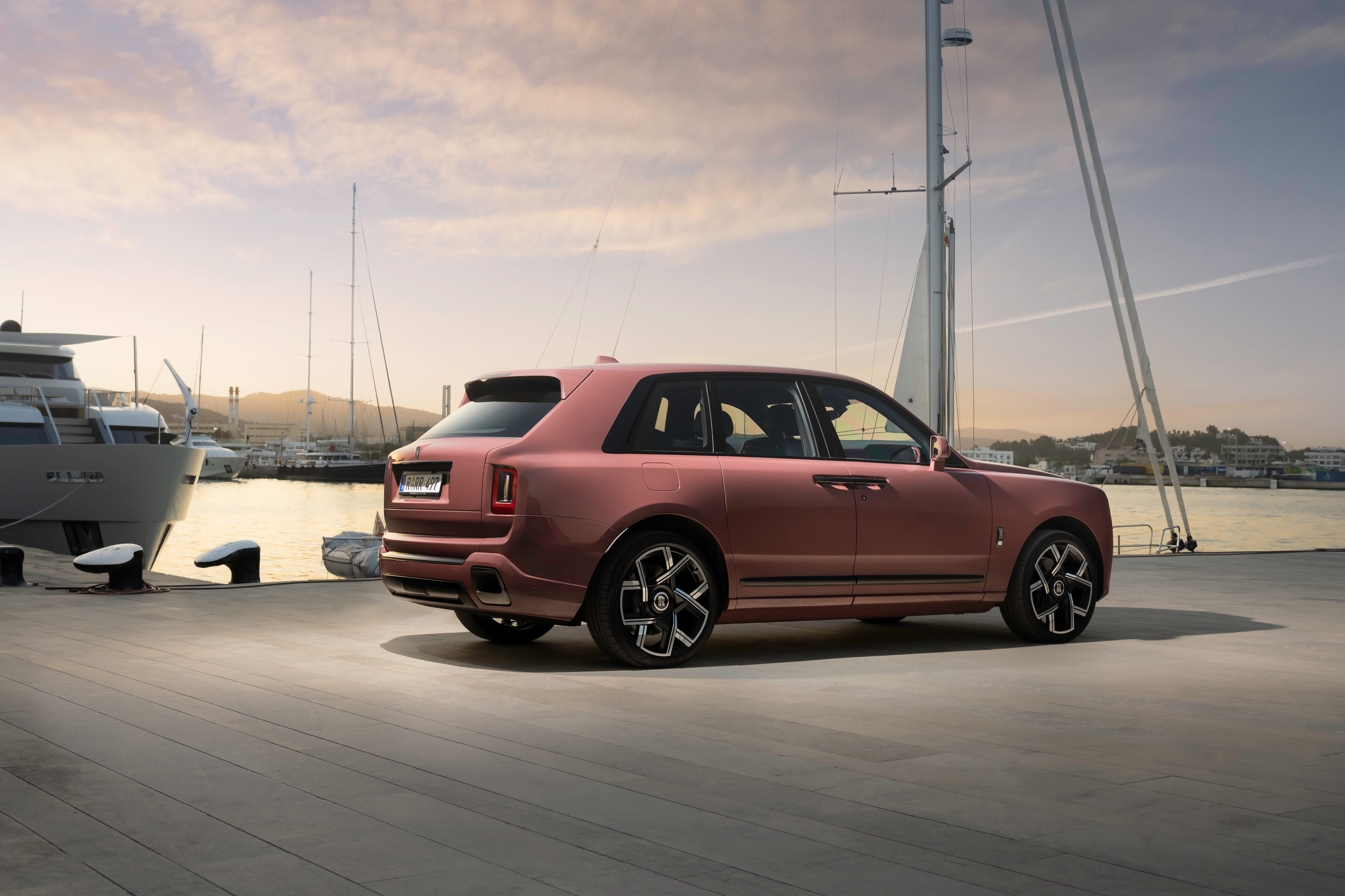
A lil yachty: Rolls-Royce Cullinan Series II Black Badge Edition in its natural habitat
At the wheel, Cullinan definitely allows you to ‘command the urban space,’ even if the occupiers of said space don’t defer to you meekly. The overwhelming majority of Cullinan owners prefer to drive themselves, apparently, and most will have a substantial stable of other cars to choose from.
We assume that the Cullinan’s slightly woolly, imprecise steering (back to those nautical metaphors again) is set that way to provide a stark contrast with the razor sharp, hard-sprung dynamics of some of its rivals. This is not a performance car, of course, although with 600PS on tap it can do a fairly convincing impression of one. Black Badge models feature sharpened up steering and throttle response, but ultimately a Rolls-Royce is not to be hustled.
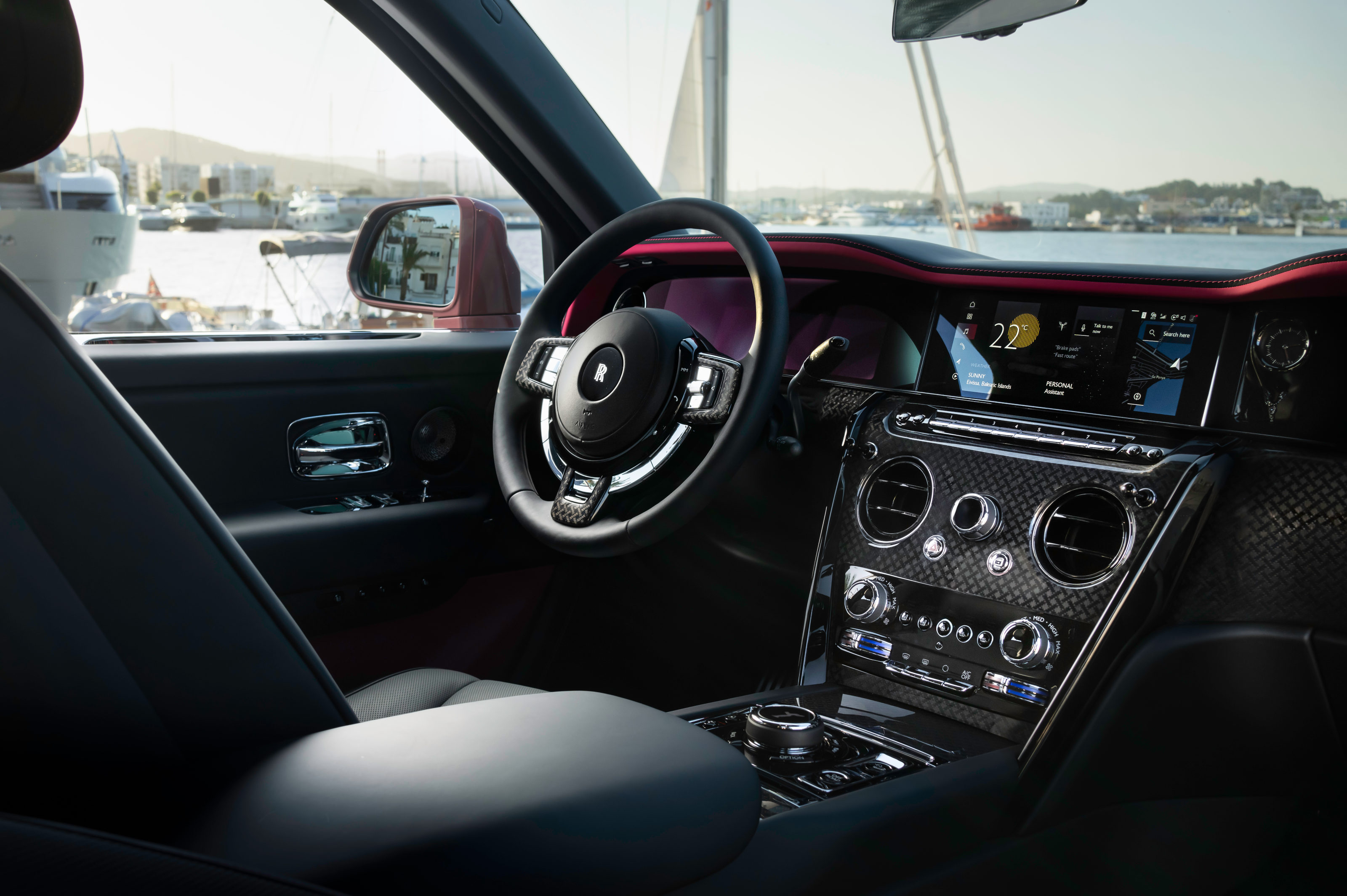
Behind the wheel of the Cullinan Black Badge
Keeping all of this afloat is Rolls-Royce’s venerable 6.75-litre V12, an engine fettled and cossetted at great lengths in order to appear all but invisible. In the Black Badge models there’s a distant muted road – like lions in the adjoining safari park – when you switch on into the understated ‘low’ mode on the gear selector and put your foot down. Otherwise, it’s as if it wasn’t there at all.
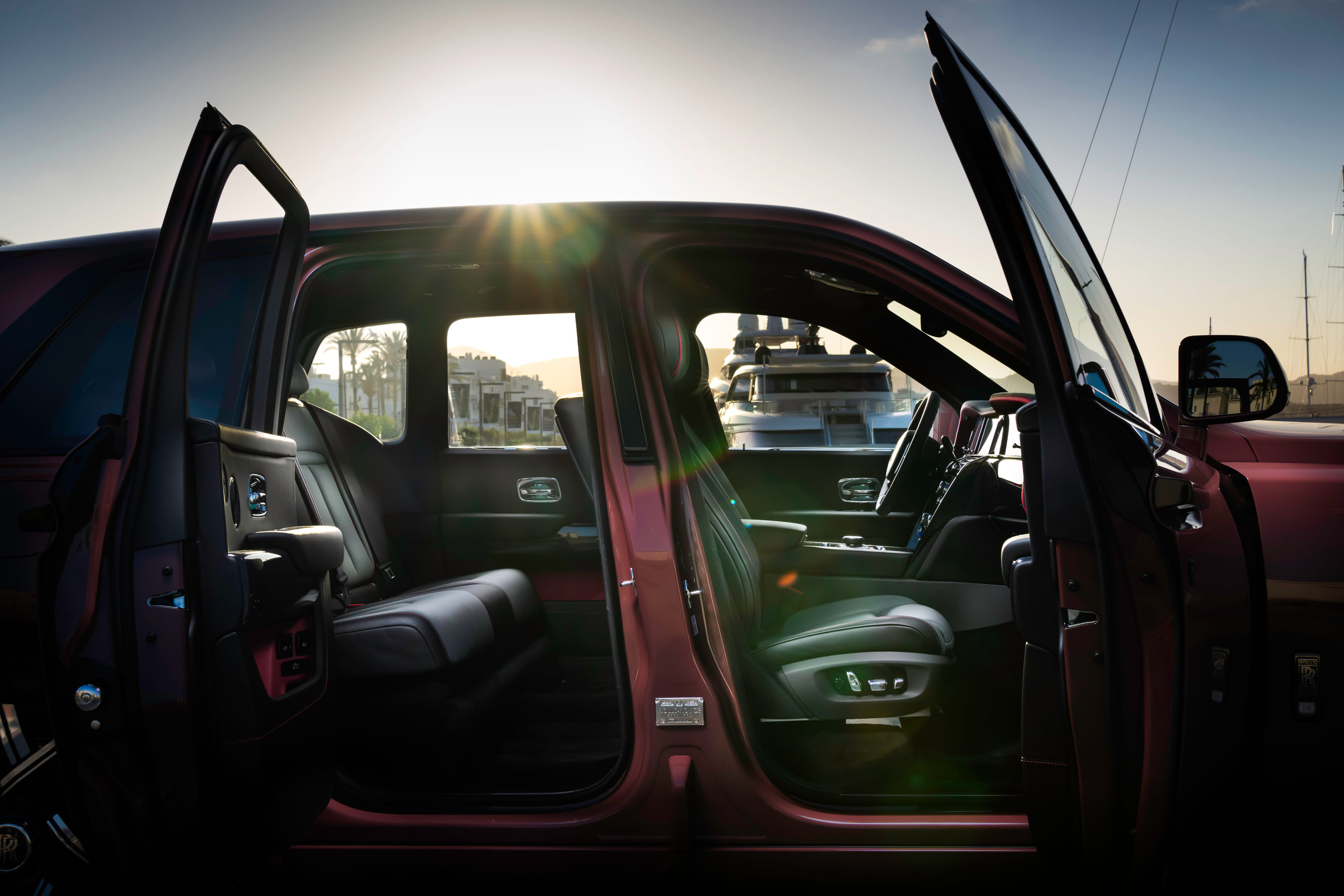
The Cullinan's rear seats can be specified for two or three people
Perhaps that RR’s strategy. For aside from the mightily impressive Spectre, the company’s electrification strategy is still awaiting a dramatic Act 2, and Cullinan’s second wind certainly isn’t it. Nor is there any apparent intention to hybridise this or the other two models that make up the ICE Rolls fleet. The Cullinan’s real-world fuel economy of around 17 mpg is also fairly yacht-like, although for this kind of customer, such running costs are simply another inescapable cost of living.
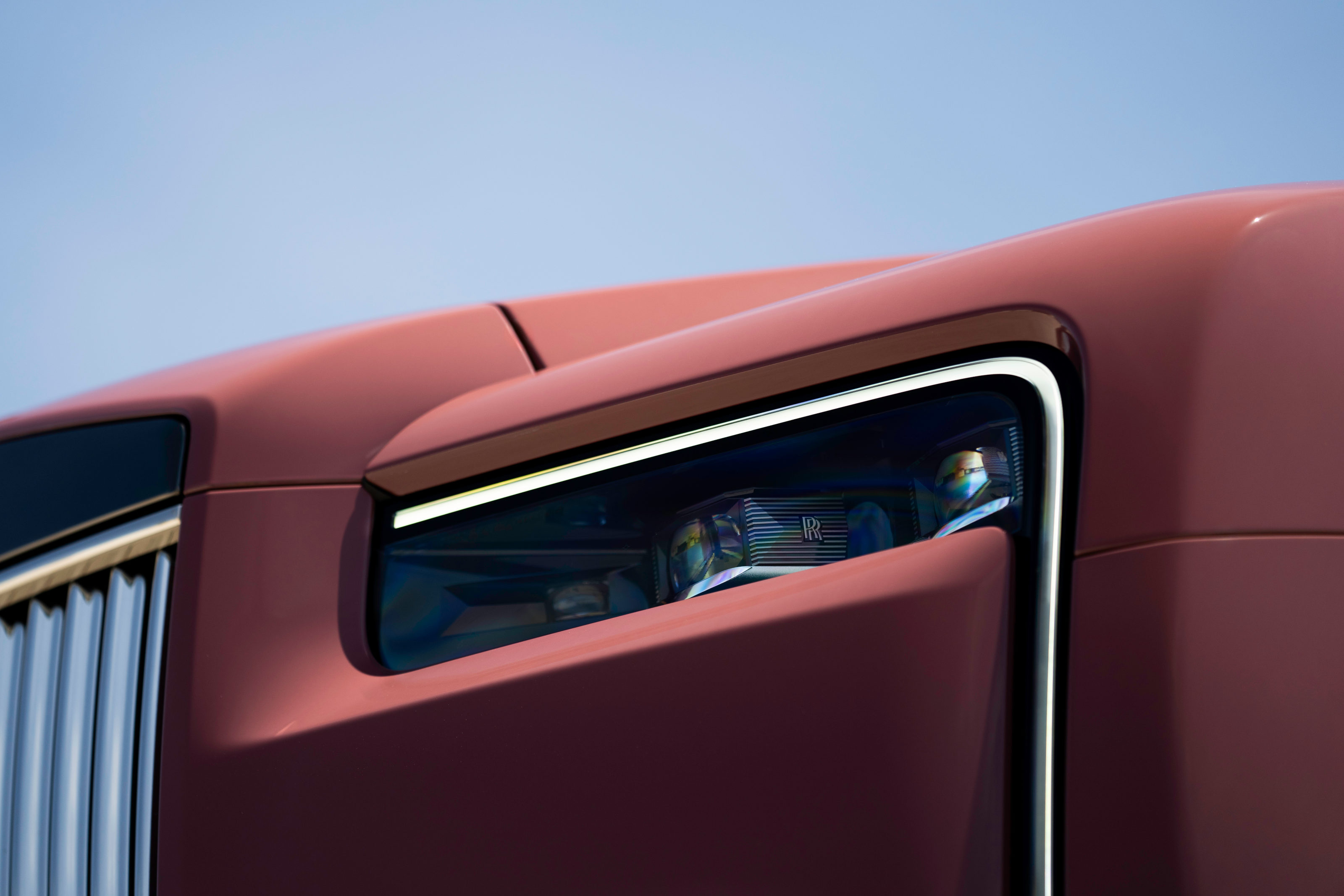
The new daylight running lights flank the headlights
Although it features in the press material, talk of combustion was effectively absent on the launch. Think of Rolls-Royce’s V12 as a once-favourite child, given the finest of educations, a Michelin-starred diet, a childhood of praise, admiration and encouragement, only to be walled up in the basement on reaching adulthood, struck from the will and never mentioned again.
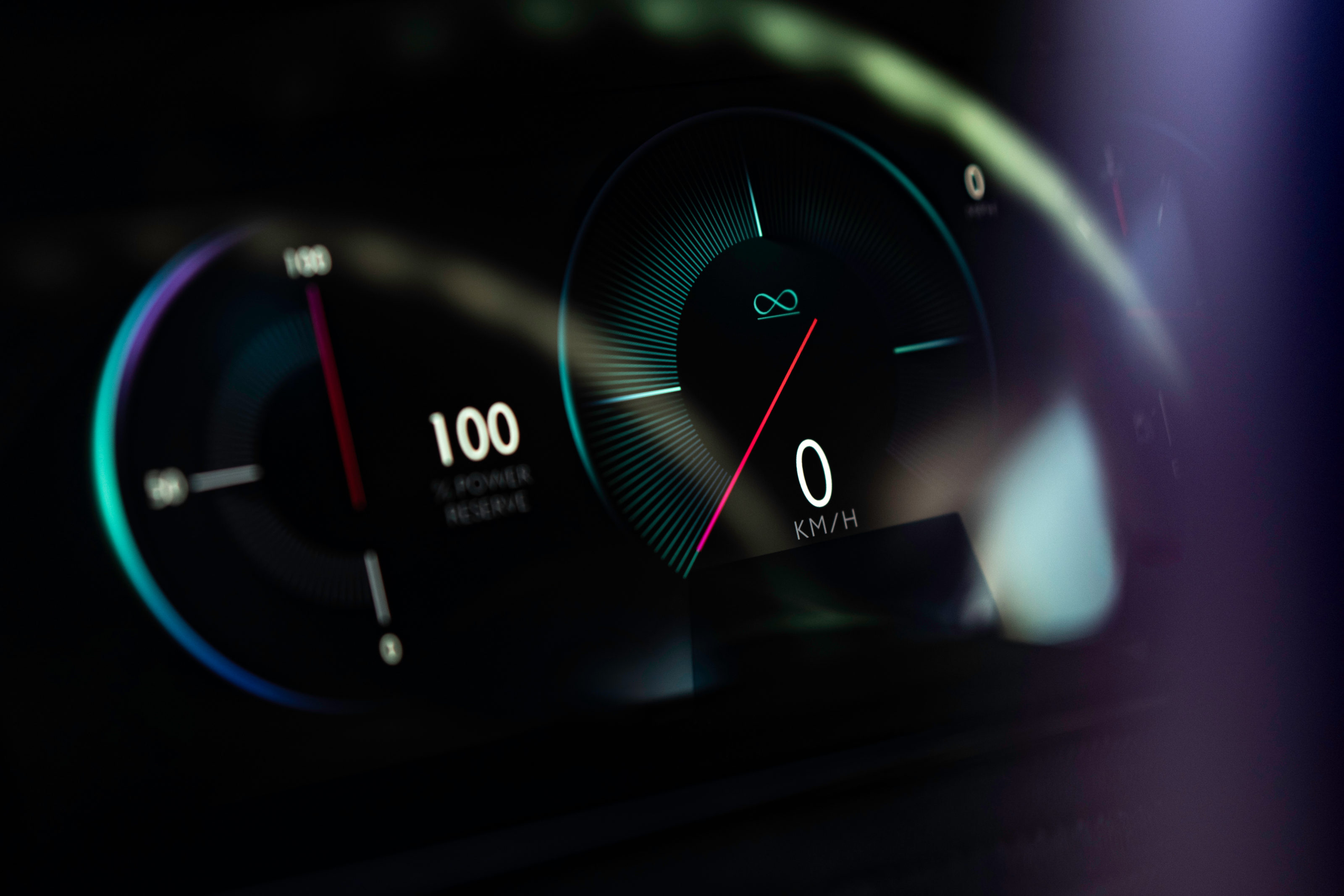
The dashboard graphics are the pinnacle of clarity
Considering the Cullinan as if it was a mere car rather misses the point. Instead, it is an event and an opportunity, an object of celebration and reward that is as much about the journey of specification and choice as it is about taking a journey from A to B. Every single material choice, line, curve and dimple has an accompanying story that places a modern Rolls-Royce at the heart of an ongoing journey towards sybaritic Valhalla.
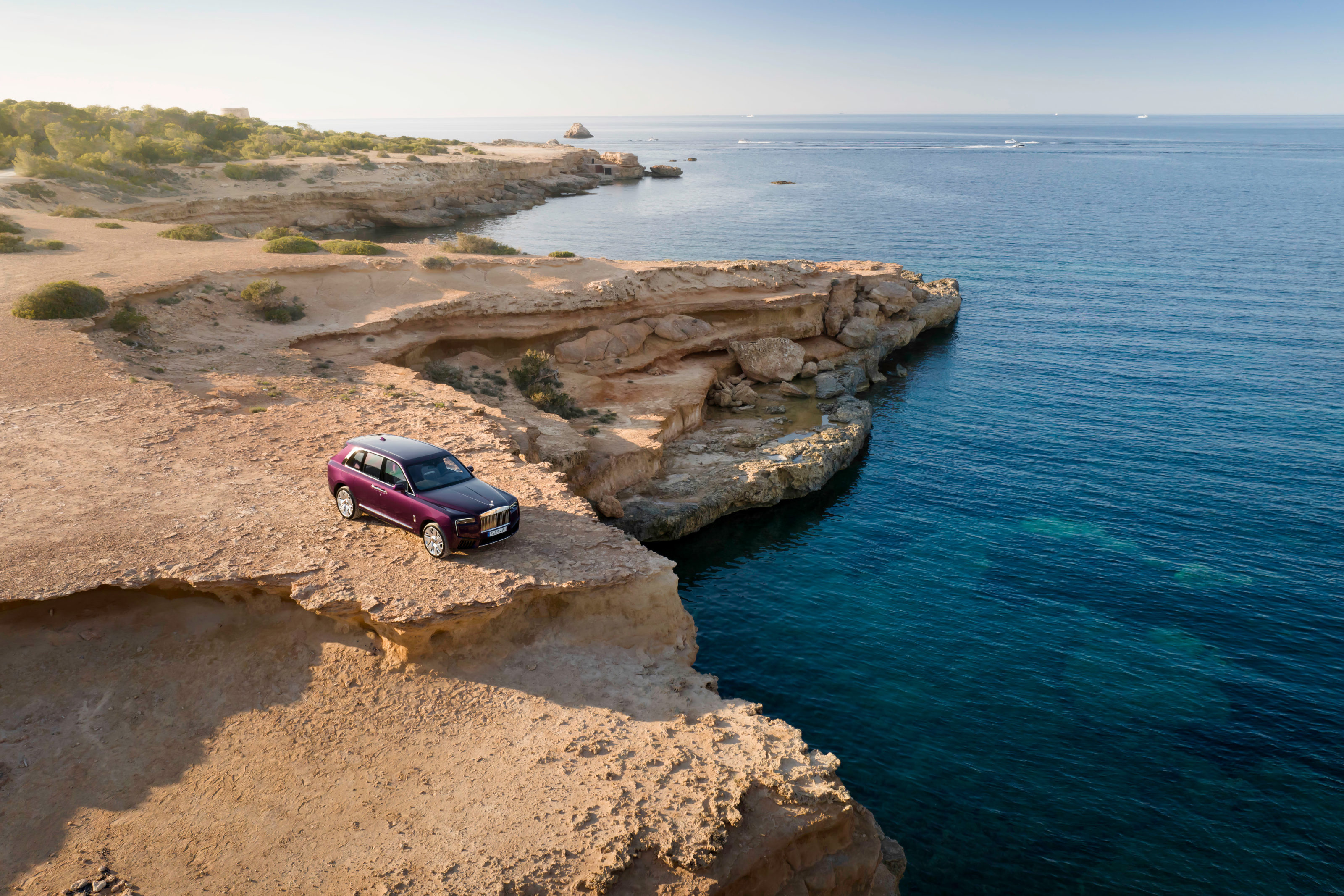
An island unto itself: Rolls-Royce Cullinan Series II
A Rolls-Royce client gets the chance to weave their own stories into this rich mix. If they’re sufficiently interesting and expansive, they might even get to entwine their own history with that of the brand. As a result, a Rolls-Royce is a microcosm of modern high society, a deeply symbolic machine that can take you onwards and, just maybe, upwards as well.
Rolls Royce Cullinan Series II, from around £275,000 (£315,000 for the Black Badge model), Rolls-RoyceMotorCars.com, @RollsRoyceCars
Jonathan Bell has written for Wallpaper* magazine since 1999, covering everything from architecture and transport design to books, tech and graphic design. He is now the magazine’s Transport and Technology Editor. Jonathan has written and edited 15 books, including Concept Car Design, 21st Century House, and The New Modern House. He is also the host of Wallpaper’s first podcast.
-
 Warp Records announces its first event in over a decade at the Barbican
Warp Records announces its first event in over a decade at the Barbican‘A Warp Happening,' landing 14 June, is guaranteed to be an epic day out
By Tianna Williams
-
 Cure your ‘beauty burnout’ with Kindred Black’s artisanal glassware
Cure your ‘beauty burnout’ with Kindred Black’s artisanal glasswareDoes a cure for ‘beauty burnout’ lie in bespoke design? The founders of Kindred Black think so. Here, they talk Wallpaper* through the brand’s latest made-to-order venture
By India Birgitta Jarvis
-
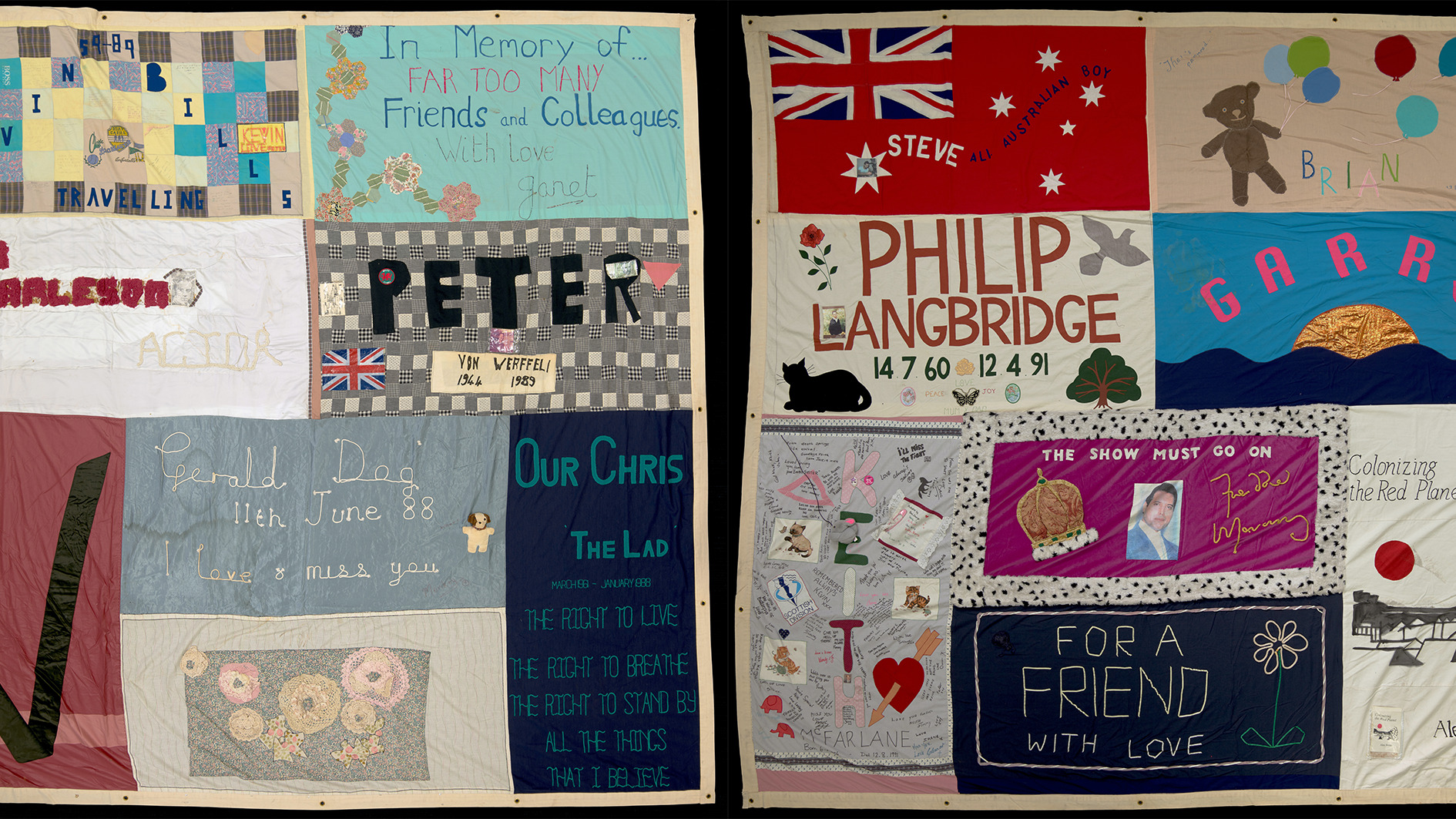 The UK AIDS Memorial Quilt will be shown at Tate Modern
The UK AIDS Memorial Quilt will be shown at Tate ModernThe 42-panel quilt, which commemorates those affected by HIV and AIDS, will be displayed in Tate Modern’s Turbine Hall in June 2025
By Anna Solomon
-
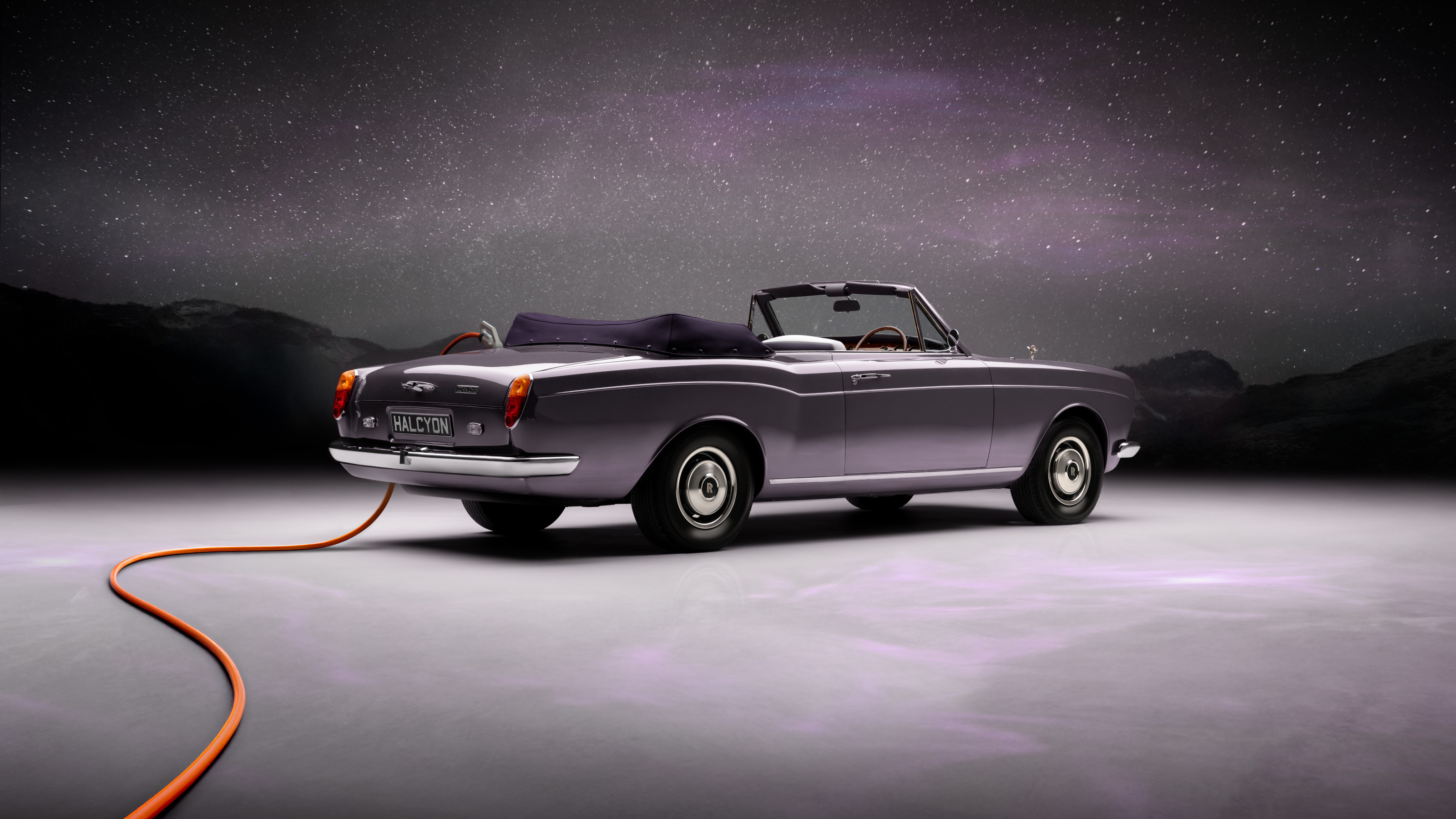 EV start-up Halcyon transforms a classic 1970s Rolls-Royce into a smooth electric operator
EV start-up Halcyon transforms a classic 1970s Rolls-Royce into a smooth electric operatorThis 1978 Rolls-Royce Corniche is the first fruit of a new electric restomod company, the Surrey-based Halcyon
By Jonathan Bell
-
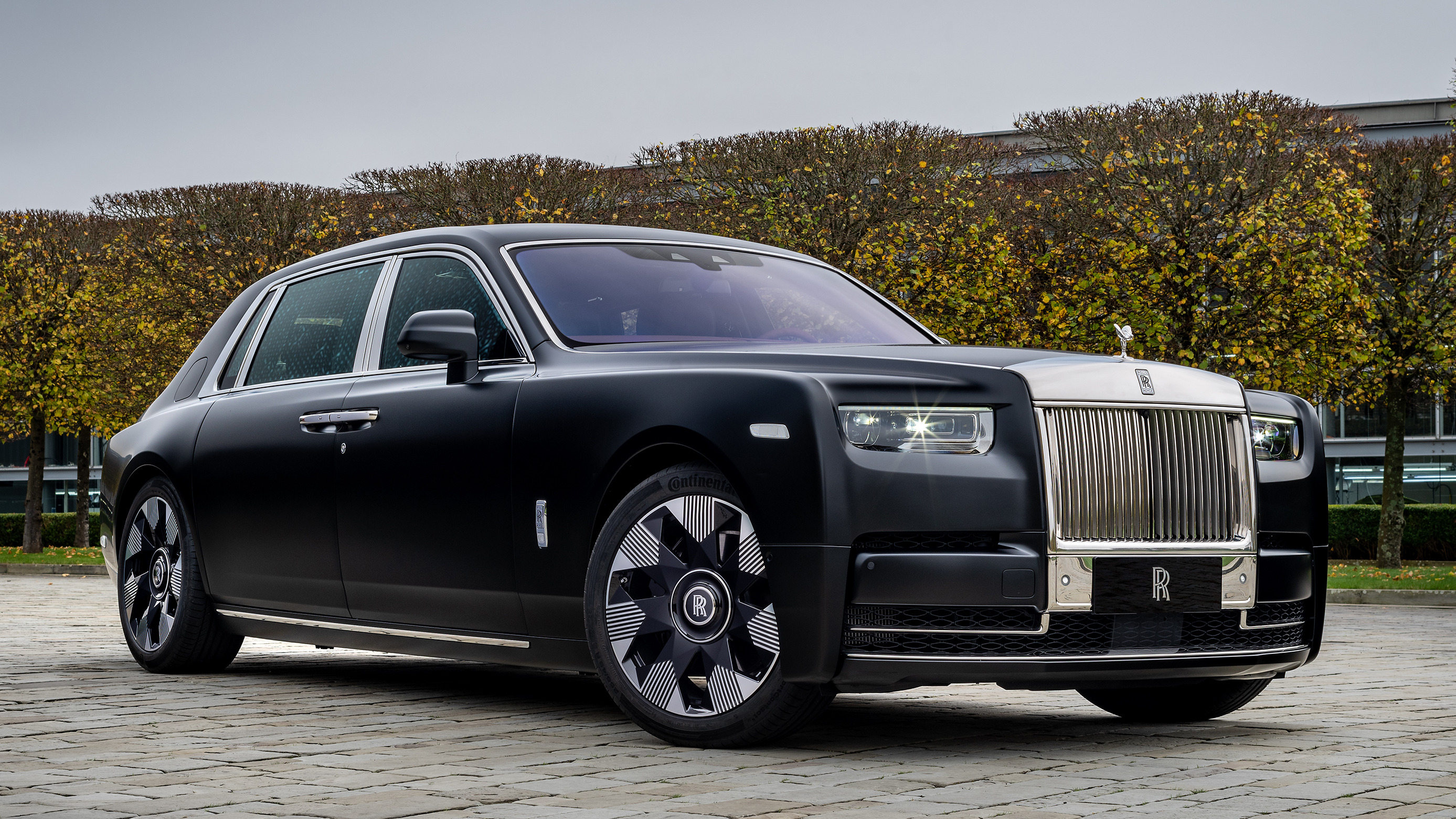 Rolls-Royce Phantom Dragon crosses cultures with a highly crafted approach
Rolls-Royce Phantom Dragon crosses cultures with a highly crafted approachThis one-of-one Phantom Extended has been built as a celebration of the outgoing Year of the Dragon, overseen by Rolls-Royce’s Shanghai Private Office
By Jonathan Bell
-
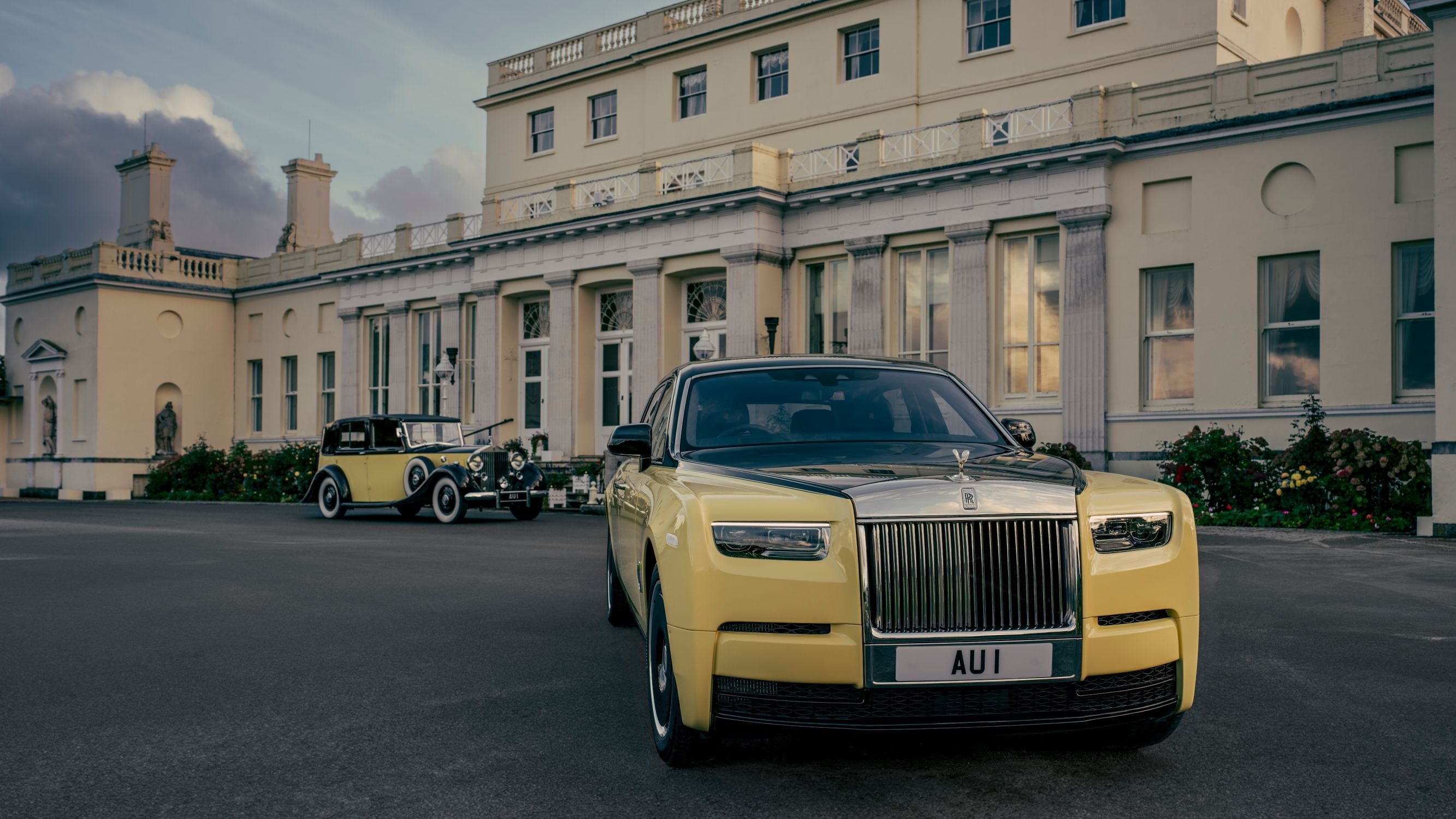 Rolls-Royce re-imagines the classic wheels of one of James Bond’s greatest antagonists
Rolls-Royce re-imagines the classic wheels of one of James Bond’s greatest antagonistsFor one lucky Rolls-Royce owner and Fleming obsessive, this one-off Phantom Goldfinger will blur the lines between cinematic fantasy and real life
By Adam Hay-Nicholls
-
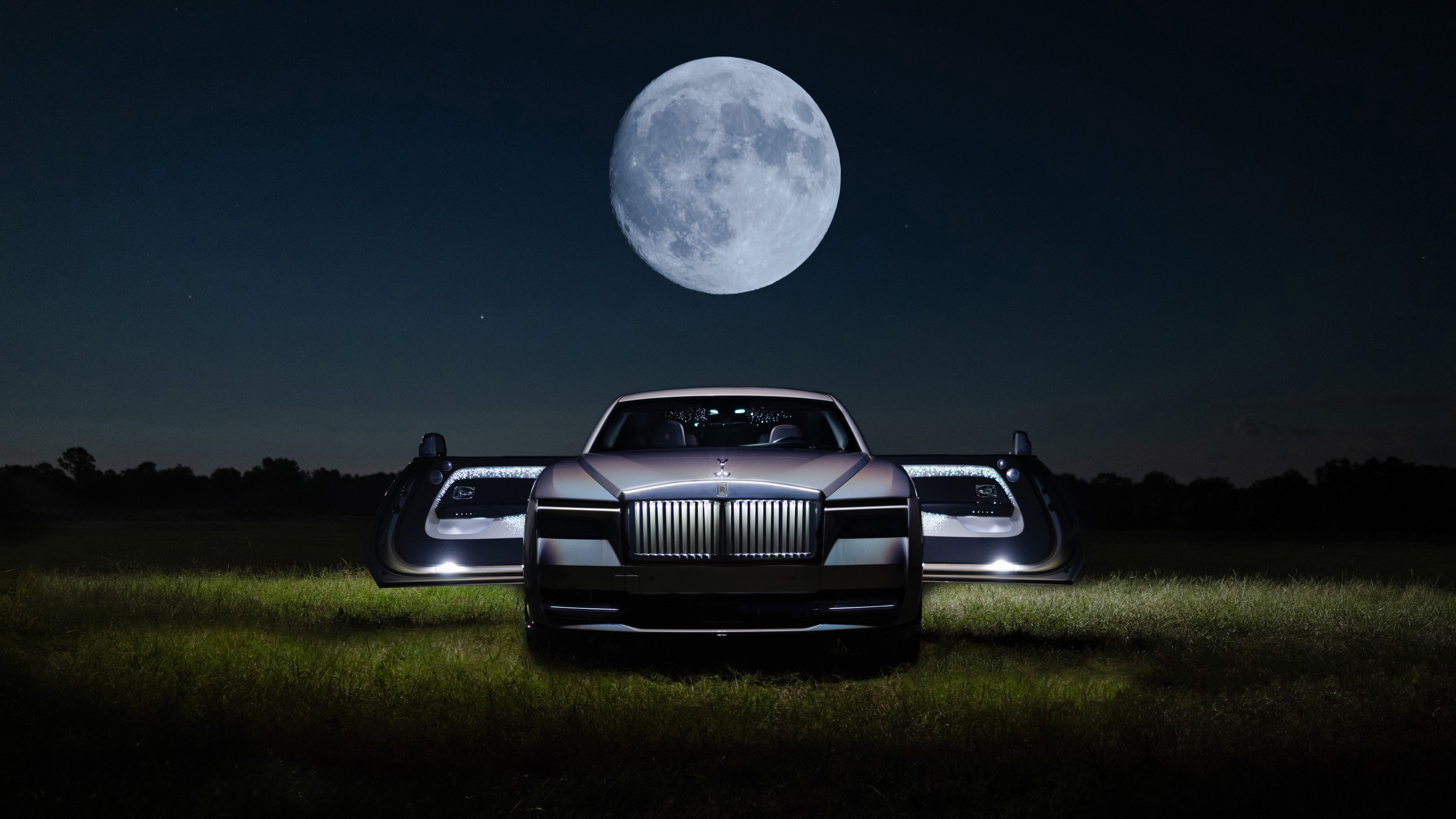 Rolls-Royce’s Bespoke division pushes paint technology to the limits in the Spectre Lunaflair
Rolls-Royce’s Bespoke division pushes paint technology to the limits in the Spectre LunaflairThis one-off commission transforms Rolls-Royce’s all-electric Spectre into a shimmering spectacle inspired by atmospherical effects
By Jonathan Bell
-
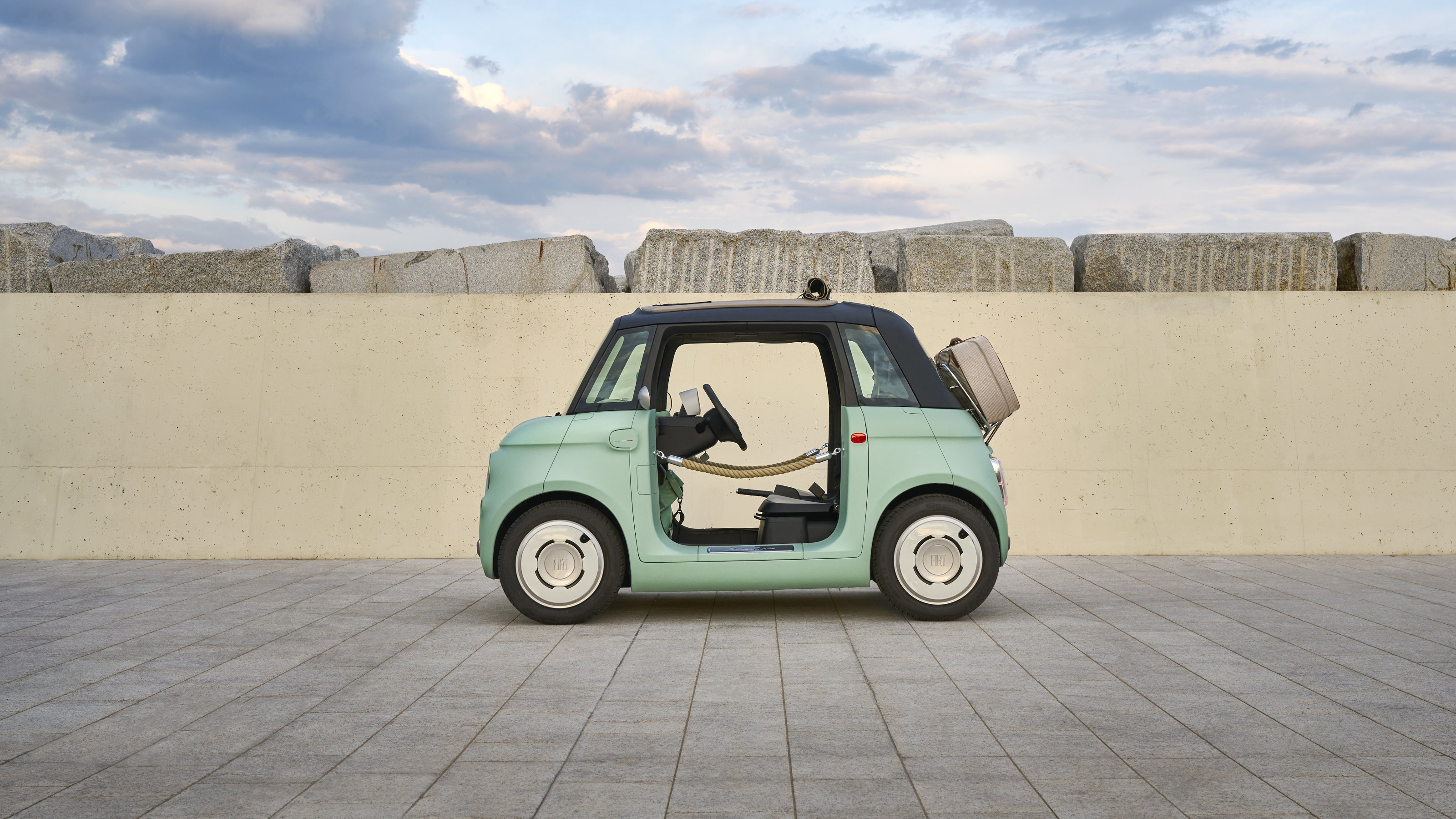 Year in review: top 10 transport design stories of 2023, selected by Wallpaper’s Jonathan Bell
Year in review: top 10 transport design stories of 2023, selected by Wallpaper’s Jonathan BellJonathan Bell’s top 10 transport design stories of 2023 span from electric campers and microcars to flying yachts and classic car recreations
By Jonathan Bell
-
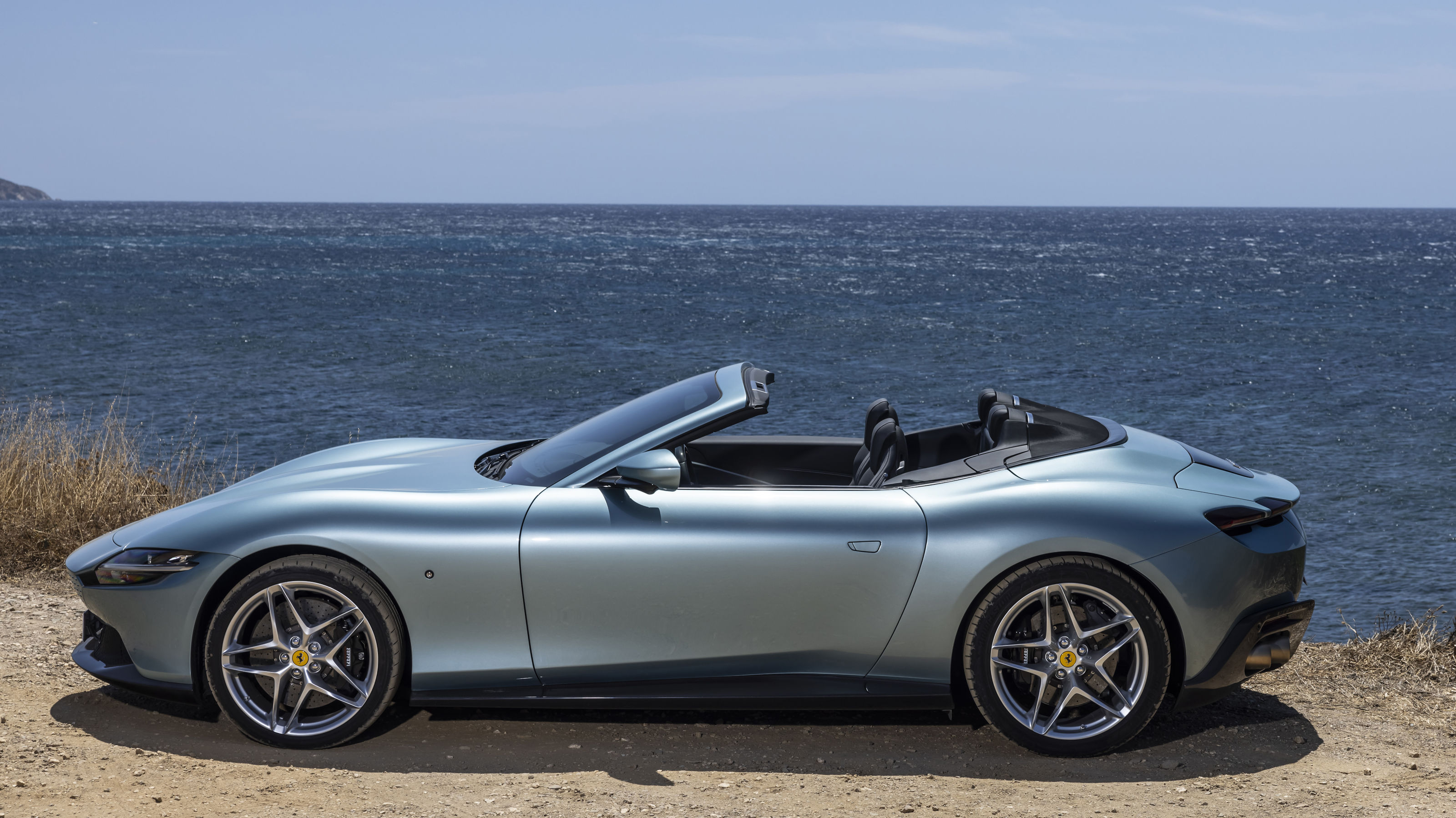 Year in review: the top 10 cars of 2023, as selected by Wallpaper’s Jonathan Bell
Year in review: the top 10 cars of 2023, as selected by Wallpaper’s Jonathan BellWhat were the best four-wheeled offerings of 2023? Transport editor Jonathan Bell takes us through the year’s most intriguing automobiles
By Jonathan Bell
-
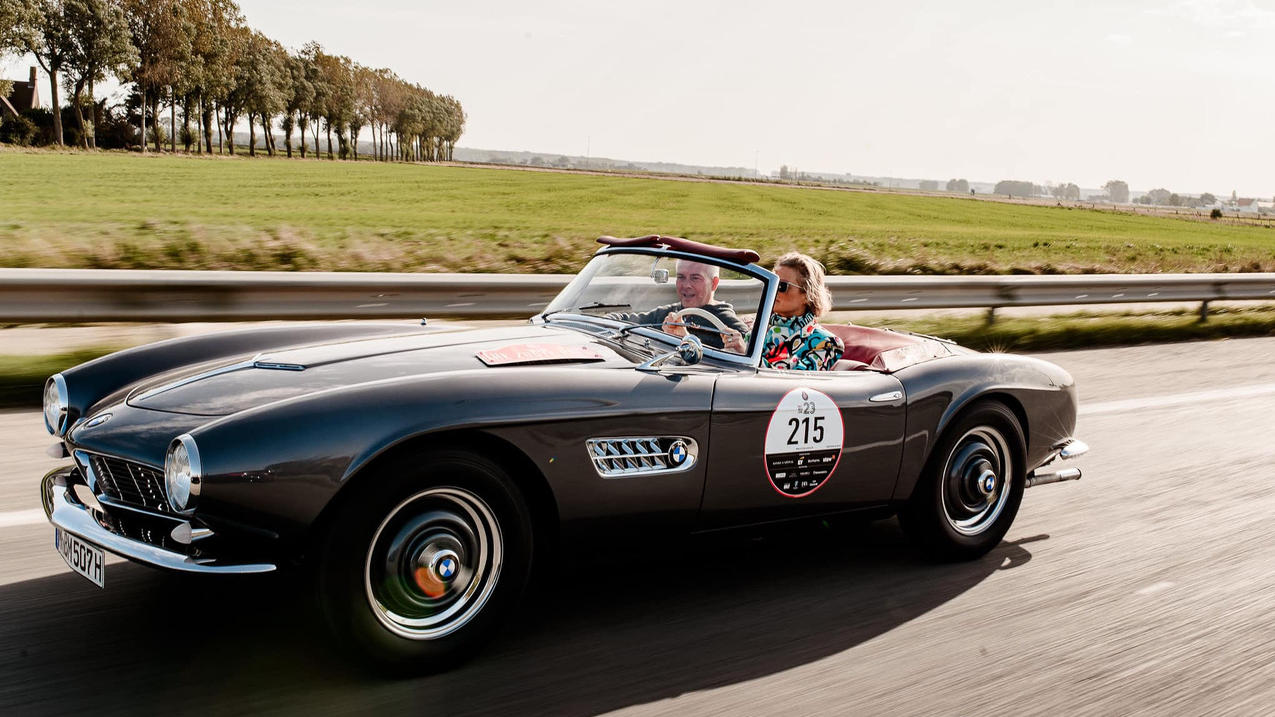 Zoute Grand Prix is a car fest like no other at a pristine Belgian beachside town
Zoute Grand Prix is a car fest like no other at a pristine Belgian beachside townAmy Serafin takes to the well-heeled streets of Knokke-Heist to experience the Zoute Grand Prix, its annual cavalcade of classic car-related events, from a rally to an auction
By Amy Serafin
-
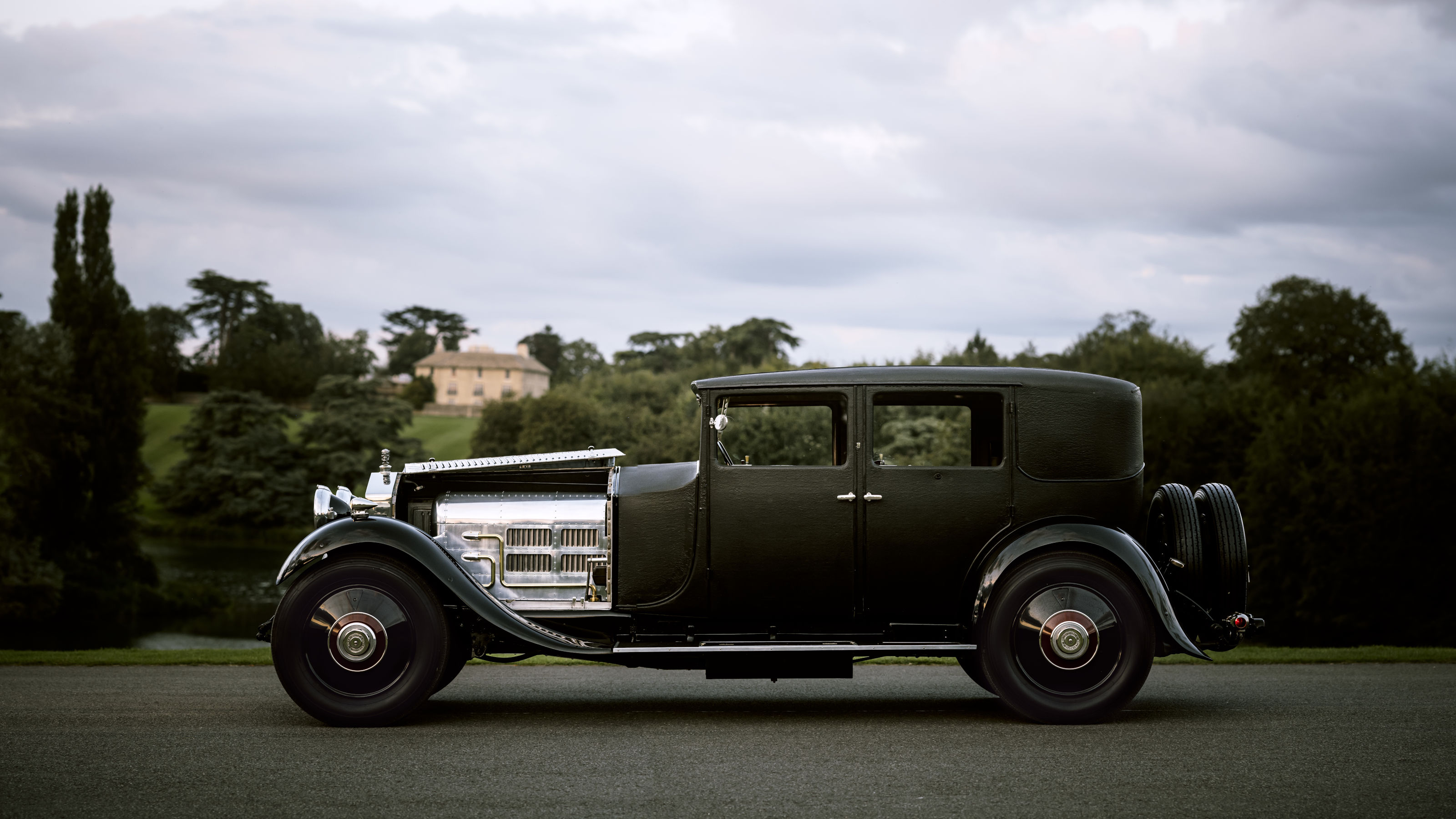 Electrogenic breathes new life into this 1929 Rolls-Royce with a bespoke EV conversion
Electrogenic breathes new life into this 1929 Rolls-Royce with a bespoke EV conversionThis Roll-Royce Phantom II is perhaps the most complex EV conversion ever undertaken, transforming the 1929 classic into a strong, silent EV that’ll fit right in with modern traffic
By Jonathan Bell